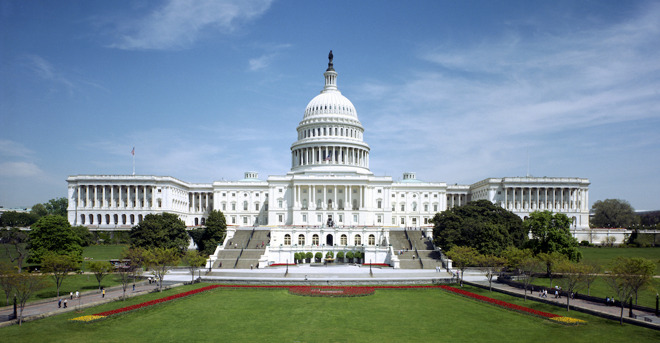Article Hero Image

AppleInsider may earn an affiliate commission on purchases made through links on our site.
Apple, Alphabet, and Meta are lobbying to curtail a tool that grants intelligence agencies the right to collect and view the personal information of American citizens.
Big Tech seeks to change the way Section 702 of the Foreign Intelligence Surveillance Act (FISA) works before Congress attempts to renew the law before the year's end. Specifically, Section 702 allows government agencies to demand data — such as phone records, texts, and emails — from companies for national security investigations.
While intelligence agencies say Section 702 is an essential tool to fight terrorism, U.S. officials have acknowledged that there have been "compliance incidents" over how it's been used to obtain information, Bloomberg points out.
However, those agencies have said that reforms have been made to prevent such abuses.
FBI Director Christopher Wray notes that Section 702 database searches have dropped 93% between 2021 and 2022.
Still, tech companies and activists have a good cause to seek to limit Section 702. Many companies faced severe pushback after Edward Snowden exposed their involvement with intelligence agencies.
Specifically, they hope to gain the ability to publicly disclose how often they're asked to provide information under Section 702 and what kind of data they are expected to hand over.
Big Tech also hopes to restrict intelligence agencies from using the information and instead require a warrant before agencies can search the Section 702 database for info on U.S. citizens.
There has been support for limiting Section 702 by both Republicans and Democrats. Representative Darin LaHood, a Republican from Illinois, has publicly said that "a clean legislative reauthorization of 702 is a non-starter."
Representative Pramila Jayapal, a Democrat from Washington, has gone on record saying, "We must take this opportunity to reform Section 702 and overhaul privacy protections for Americans."
In the first half of 2020 alone, Apple had received 4,177 "account requests" from government agencies, in general, involving 40,641 people. In the U.S., police and spy agencies can legally obtain material such as emails and iCloud backups so long as it can be decrypted.